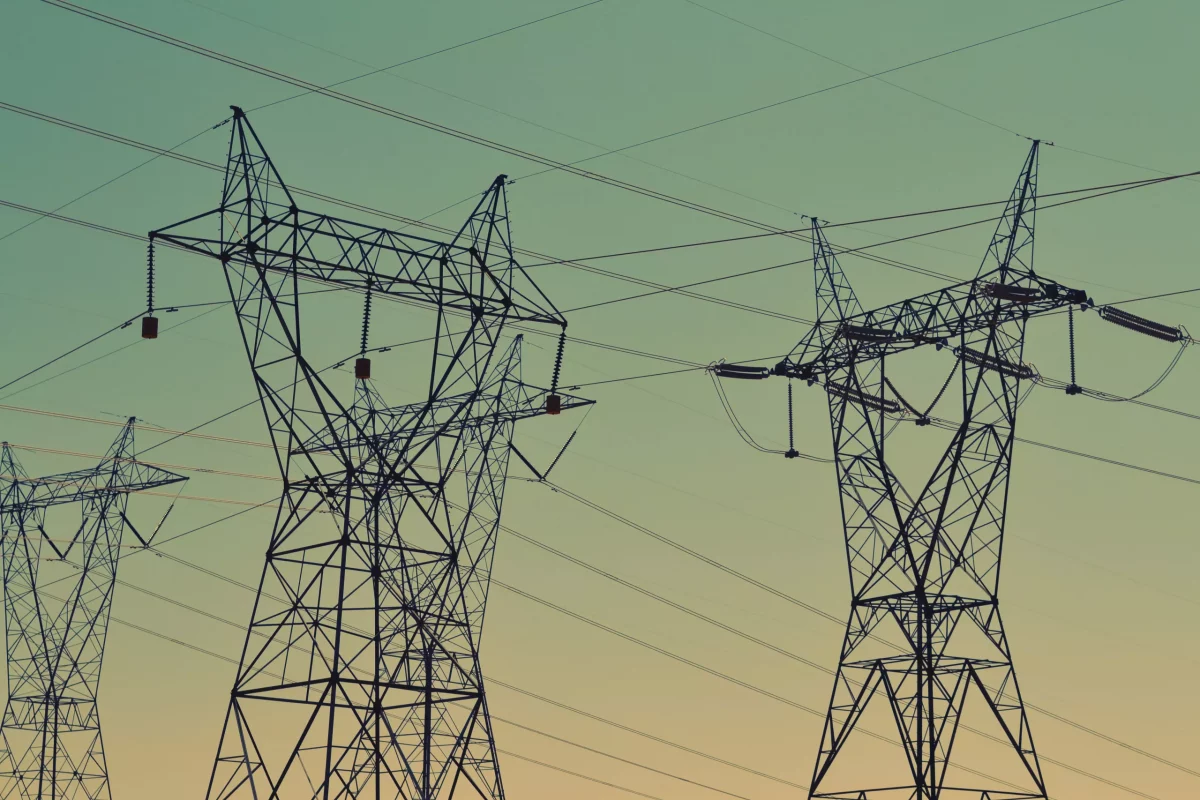From the start of next year, approximately 80% of French households will notice a drop of up to 10% in their electricity costs, according to the French government. This positive development comes in response to declining global energy prices and the recommissioning of several nuclear power plants across the country following an extensive maintenance programme.
Maud Bregeon, a spokesperson for Michel Barnier, France’s new Prime Minister, has announced that four-fifths of homes across the country should expect lower energy bills from January 2025. A 10% drop is expected for households who pay for electricity on regular tariffs.
The anticipated decrease is due to several factors, including falling energy prices and the reopening of several of the nation’s nuclear power plants, which had been fully or partially offline for maintenance and repairs in recent years.
The new lower rates are set to kick in from the new year and will coincide with the scheduled increase in the taxe intérieure de consommation finale sur l’électricité (TICFE), or the internal final consumption tax on electricity, which will also come into effect at the beginning of 2025.
The rise in the TICFE has been a sore point with the public, who are still reeling from the high energy prices of the last two years. However, the government hopes that the reduction in overall bills will remedy any complaints by at least partially offsetting the costs.
The TICFE was shelved during the 2022 energy crisis and is now being re-established as a way to bring much-needed funds into state coffers.
“It’s not a hike, it’s a return to normal,” said an anonymous government-related source to France Inter in an interview in October.
Though the exact figures are not yet available for the TICFE, as the specific details of the increase are still under debate, the general consensus is that it will bring in anywhere from €1.5 to €4 billion in revenue.
Consumers with non-regulated rates may also see their bills decrease, but as decisions surrounding this are in the hands of individual energy providers, no assurances can yet be made.
Monaco Life is produced by real multi-media journalists writing original content. See more in our free newsletter, follow our Podcasts on Spotify, and check us out on Threads, Facebook, Instagram, LinkedIn and Tik Tok.
Photo source: Fre Sonneveld, Unsplash
